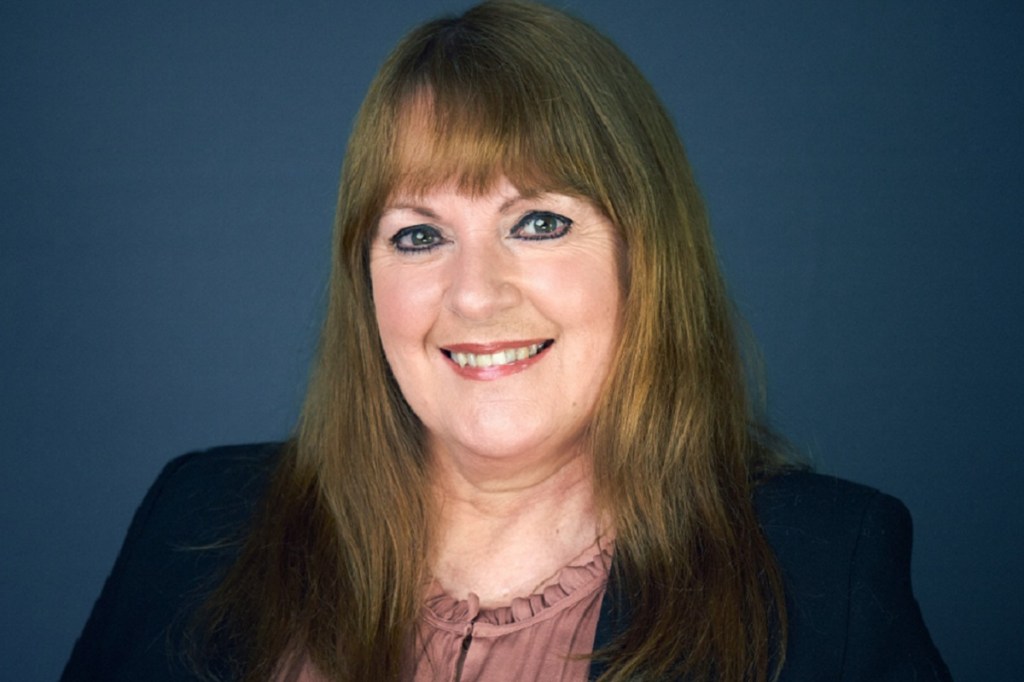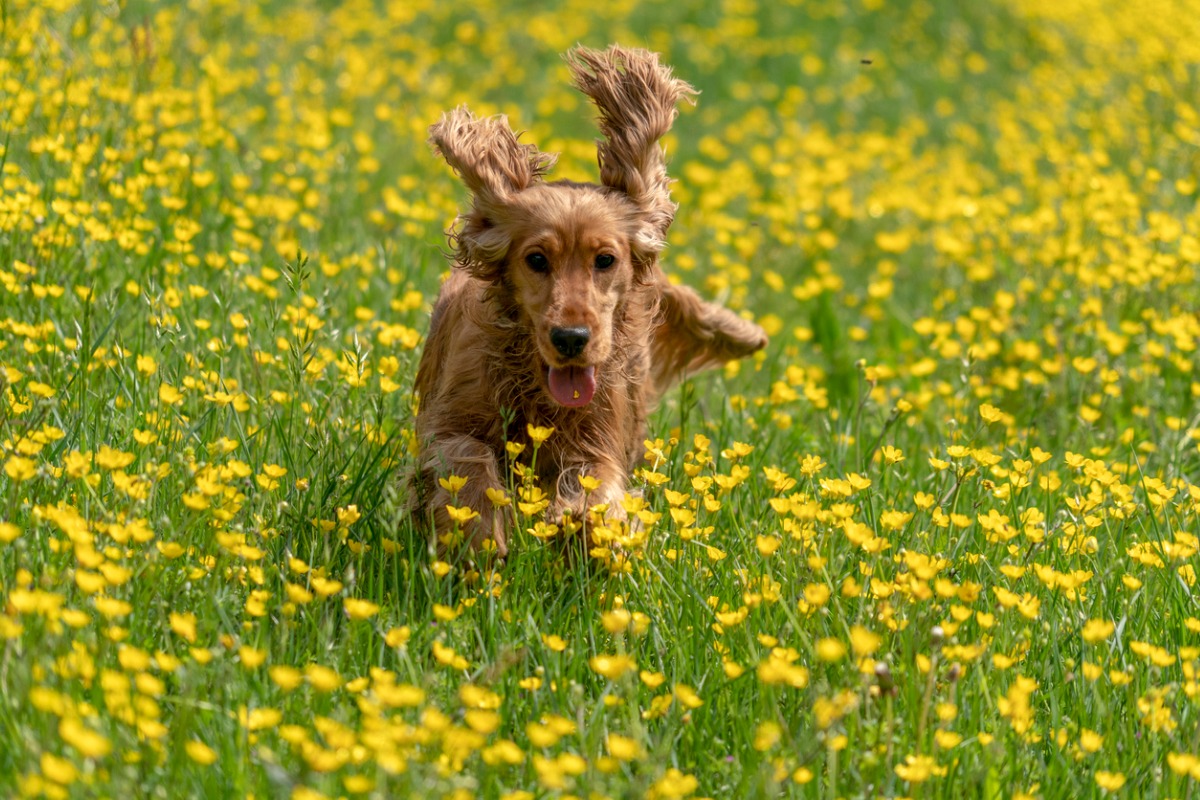
This article was written by Carolyn Macgill, Executive Manager, PFIAA for the Feb-Apr issue of Pet Industry News magazine.
In the pet food industry, sustainability is becoming increasingly important at every step of the supply chain.
The message is clear, experts have asked for urgent, collaborative action to combat climate change and prevent irreversible damage to the health of our planet.
Our Bernese Mountain Dog, Ava, is more concerned with what’s inside her pet food bag rather than the bag itself, but as the main purchaser in our house, I’ve been paying more attention to what we do with the packaging once we’ve finished using it, and it’s one waste stream that’s received its fair share of media coverage lately.
Packaging plays a vital role in keeping pet food clean, fresh, and safe. It’s a convenient way to move your pet food purchases from the store to home and often it helps with portion control. Soft plastic, which is used for almost all dry pet food products and single servings of wet pet food, is a challenging material to recycle, unlike metal tins, rigid plastics, or paper, which can be recycled from kerbside collection bins.
In boardrooms, inside retail outlets, and throughout farming communities and freight, we’ve seen a change in conversations on recycling. Australians want to move away from short term solutions towards embracing a circular economy. For pet owners, that means a shift away from a ‘throwaway mindset’ to an increased demand for packaging that can be reused, repurposed, or recycled to reduce waste and environmental impact.
With the pause of the supermarket drop-off program run by REDcycle, which, until recently was Australia’s largest consumer soft plastics collection scheme, the need for long-term solutions has never been clearer.
Playing a vital role as loving companions and loyal friends, pets make a huge contribution to the health and happiness to millions of us. To keep enjoying the benefits of pets while also caring for the planet means owners should consider what they can do to help.
What can pet parents do?
- Recycle your packaging: Look for the Australasian Recycling Label (ARL) for guidance on recycling your products appropriately.
- In lieu of supermarket soft plastics collection bins, look out for a pet food recycling point – listed here: terracycle.com/en-AU/brigades/royalcanin-au.
- Do your research to understand the initiatives and changes brands are making to reduce their impact on the planet.
About PFIAA:
The Pet Food Industry Association of Australia was established in September 1972. The mission of the Association is to promote standards of excellence in the development of the pet food industry through consideration of the needs of pets and the community, the active promotion of the benefits of responsible pet ownership, and the promotion of prepared pet food as the preferred method of pet nutrition and reinforced through establishment and self-regulation of industry standards.
To stay up to date on the latest industry headlines, sign up to the Pet Industry News e-newsletter.

